
Alan Mathison Turing was a British mathematician, computer scientist, logician, cryptanalyst, philosopher, and theoretical biologist. Turing was highly influential in the development of theoretical computer science, providing a formalisation of the concepts of algorithm and computation with the Turing machine, which can be considered a model of a general-purpose computer. He is widely considered to be the father of theoretical computer science and artificial intelligence.
Alan Turing (1912–1954) was a British mathematician, logician, cryptanalyst and computer scientist.
A professor is a senior teacher, lecturer and researcher, usually in a college or university.
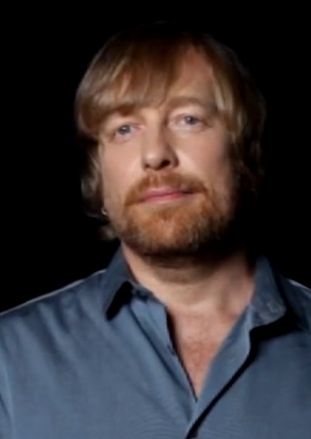
Morten Tyldum is a Norwegian film director. He is best known in his native Norway for directing the thriller film Headhunters (2011), based on the novel by Jo Nesbø, and internationally for directing the historical drama The Imitation Game (2014), for which he was nominated for the Academy Award for Best Director, and the science fiction drama Passengers (2016).
Andrew Philip Hodges is a British mathematician, author and emeritus senior research fellow at Wadham College, Oxford.

The Turing test, originally called the imitation game by Alan Turing in 1950, is a test of a machine's ability to exhibit intelligent behaviour equivalent to, or indistinguishable from, that of a human. Turing proposed that a human evaluator would judge natural language conversations between a human and a machine designed to generate human-like responses. The evaluator would be aware that one of the two partners in conversation was a machine, and all participants would be separated from one another. The conversation would be limited to a text-only channel, such as a computer keyboard and screen, so the result would not depend on the machine's ability to render words as speech. If the evaluator could not reliably tell the machine from the human, the machine would be said to have passed the test. The test results would not depend on the machine's ability to give correct answers to questions, only on how closely its answers resembled those a human would give.
The Alan Turing Year, 2012, marked the celebration of the life and scientific influence of Alan Turing during the centenary of his birth on 23 June 1912. Turing had an important influence on computing, computer science, artificial intelligence, developmental biology, and the mathematical theory of computability and made important contributions to code-breaking during the Second World War. The Alan Turing Centenary Advisory committee (TCAC) was originally set up by Professor Barry Cooper
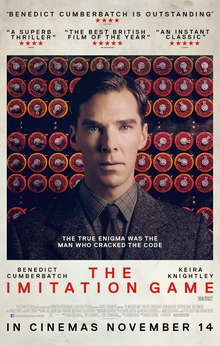
The Imitation Game is a 2014 American period biographical thriller film directed by Morten Tyldum and written by Graham Moore, based on the 1983 biography Alan Turing: The Enigma by Andrew Hodges.

Graham Moore is an American screenwriter, author and director known for his 2010 novel The Sherlockian, as well as his screenplay for the historical film The Imitation Game, which topped the 2011 Black List for screenplays and won the 2014 Academy Award for Best Adapted Screenplay.
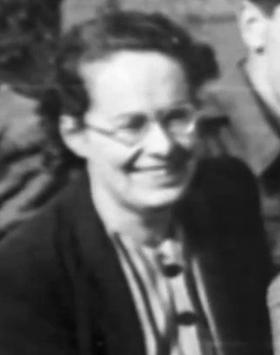
Joan Elisabeth Lowther Murray, MBE was an English cryptanalyst and numismatist who worked as a code-breaker at Bletchley Park during the Second World War. Although she did not personally seek the spotlight, her role in the Enigma project that decrypted the German secret communications earned her awards and citations, such as appointment as a Member of the Order of the British Empire (MBE), in 1946.
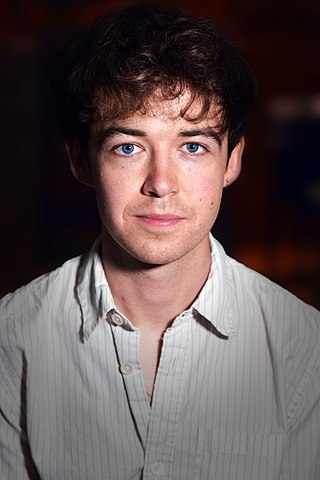
Alexander Jonathan Lawther is an English actor. He made his professional acting debut originating the role of John Blakemore in Sir David Hare's South Downs in the West End. He made his feature film debut playing a young Alan Turing in the Academy Award-winning film The Imitation Game (2014), for which he received the London Film Critics' Circle Award for "Young British Performer of the Year" and was declared one of BAFTA's 2015 Breakthrough Brits.

The Imitation Game is a television play written by Ian McEwan and directed by Richard Eyre, a BBC Play for Today, first broadcast on 26 April 1980.
Nora Grossman is an American film producer. She and her producing partner Ido Ostrowsky run Bristol Automotive, a production company that they founded in 2012. She produced the 2014 film The Imitation Game, for which she was nominated for the Academy Award for Best Picture at the 87th Academy Awards.
Ido Ostrowsky is an American film producer. He and his producing partner Nora Grossman run Bristol Automotive, a production company that they founded in 2012. He produced the 2014 film The Imitation Game, for which he was nominated for the Academy Award for Best Picture at the 87th Academy Awards.
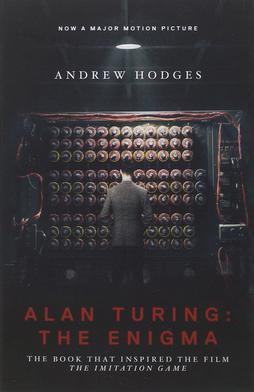
Alan Turing: The Enigma (1983) is a biography of the British mathematician, codebreaker, and early computer scientist, Alan Turing (1912–1954) by Andrew Hodges. The book covers Alan Turing's life and work. The 2014 film The Imitation Game is loosely based on the book, with dramatization.

Sir John Dermot Turing, 12th Baronet is a British solicitor and author.

Alan Turing was an English mathematician, computer scientist, logician, cryptanalyst, philosopher, and theoretical biologist. He left an extensive legacy in mathematics, science, society and popular culture.
Maria Djurkovic is a British production designer for film and television.
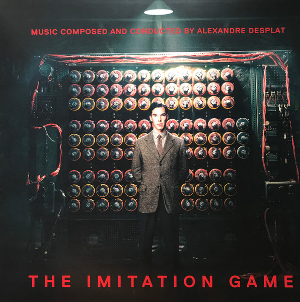
The Imitation Game (Original Motion Picture Soundtrack) is the score album to the 2014 film of the same name. The film is scored by Alexandre Desplat who replaced the original composer Clint Mansell before the film's production commenced. The London Symphony Orchestra performed the original score that featured various instruments such as keyboards, clarinets, strings, arpeggio and bombe. The album was released on November 7, 2014 by Sony Music Entertainment. The album received critical acclaim and was nominated for several awards, including the Academy Award for Best Original Score but lost to The Grand Budapest Hotel, also composed by Desplat.










